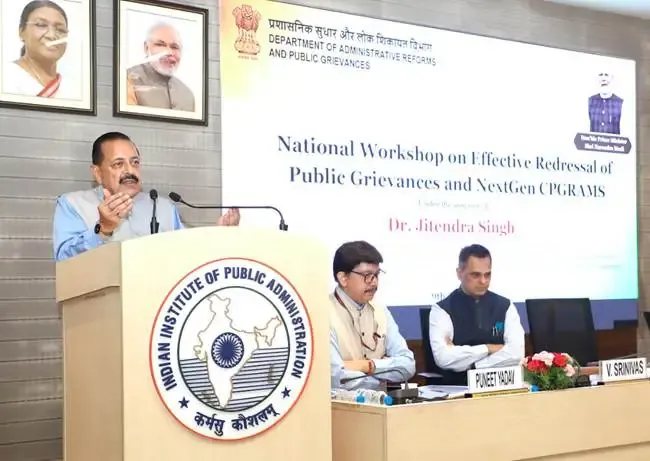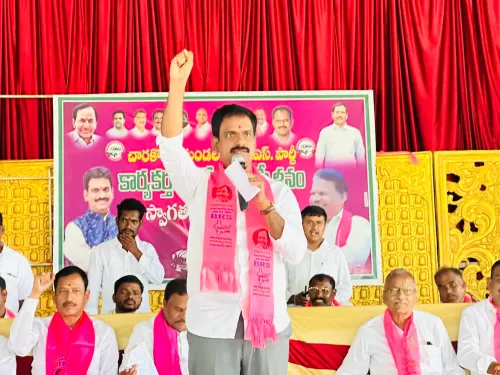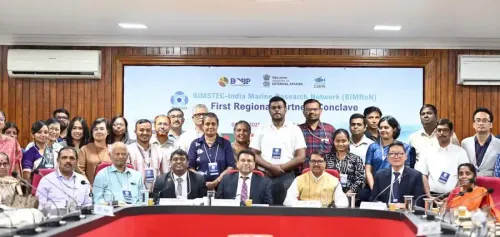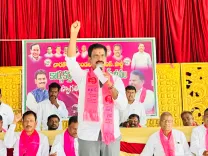How Did Over 1.15 Crore Public Grievances Get Redressed Between 2019 and 2025?

Synopsis
Key Takeaways
- Over 1.15 crore grievances addressed from 2019 to 2025.
- Significant increase in grievances from two lakh in 2014 to 26 lakh now.
- Grievance redressal time reduced to 15 days.
- Citizen satisfaction improved to 62 percent.
- CPGRAMS platform linked with all Central Ministries and State Governments.
New Delhi, July 9 (NationPress) The Centre announced on Wednesday that over 1.15 crore grievances have been resolved from 2019 to 2025, showcasing the growing trust citizens place in the government.
During the National Workshop titled “Effective Redressal of Public Grievances, NextGen CPGRAMS and Progress Review,” Minister of State for the Department of Personnel, Public Grievances, and Pensions, Jitendra Singh, discussed the progression of grievance redressal mechanisms in India.
According to Singh, the number of grievances has surged from about two lakh annually in 2014 to 26 lakh today, illustrating a renewed connection between citizens and the government.
“Back in 2014, merely two lakh grievances were registered each year, with many governmental platforms dedicated to this purpose being underutilized,” Singh remarked.
“Now, we witness more than 26 lakh grievances lodged each year, demonstrating a significant shift in public confidence and responsiveness of the system,” he added, attributing this transformation to the government’s commitment to citizen-centric digital governance under the guidance of Prime Minister Narendra Modi.
V. Srinivas, Secretary of the Department of Administrative Reforms and Public Grievances (DARPG), highlighted advancements in technology and procedural reforms via CPGRAMS 7.0.
“The timeframe for grievance resolution has decreased to 15 days, and citizen satisfaction ratings have surged to 62 percent. Over 1.15 crore grievances have been addressed between 2019 and 2025,” he stated.
The CPGRAMS platform is now integrated with all Central Ministries, State Governments, and 23 Administrative Training Institutes, gaining international accolades from the Commonwealth Secretariat and the IBM Centre for Excellence.
Furthermore, Singh urged for a transformative approach in addressing public grievances, stressing the need for redressal to extend beyond mere disposal, ensuring that citizens are truly satisfied.
The Minister emphasized that grievance redressal should serve as a mechanism for systemic reform and improving the quality of life.
He pointed out that the government should view grievances as opportunities to uncover weaknesses in policies and administrative frameworks.
Singh also mentioned innovative initiatives such as establishing a human interface post-grievance resolution, where trained staff reach out to complainants to gauge their satisfaction and recognize recurring grievance trends to highlight deeper policy challenges.









